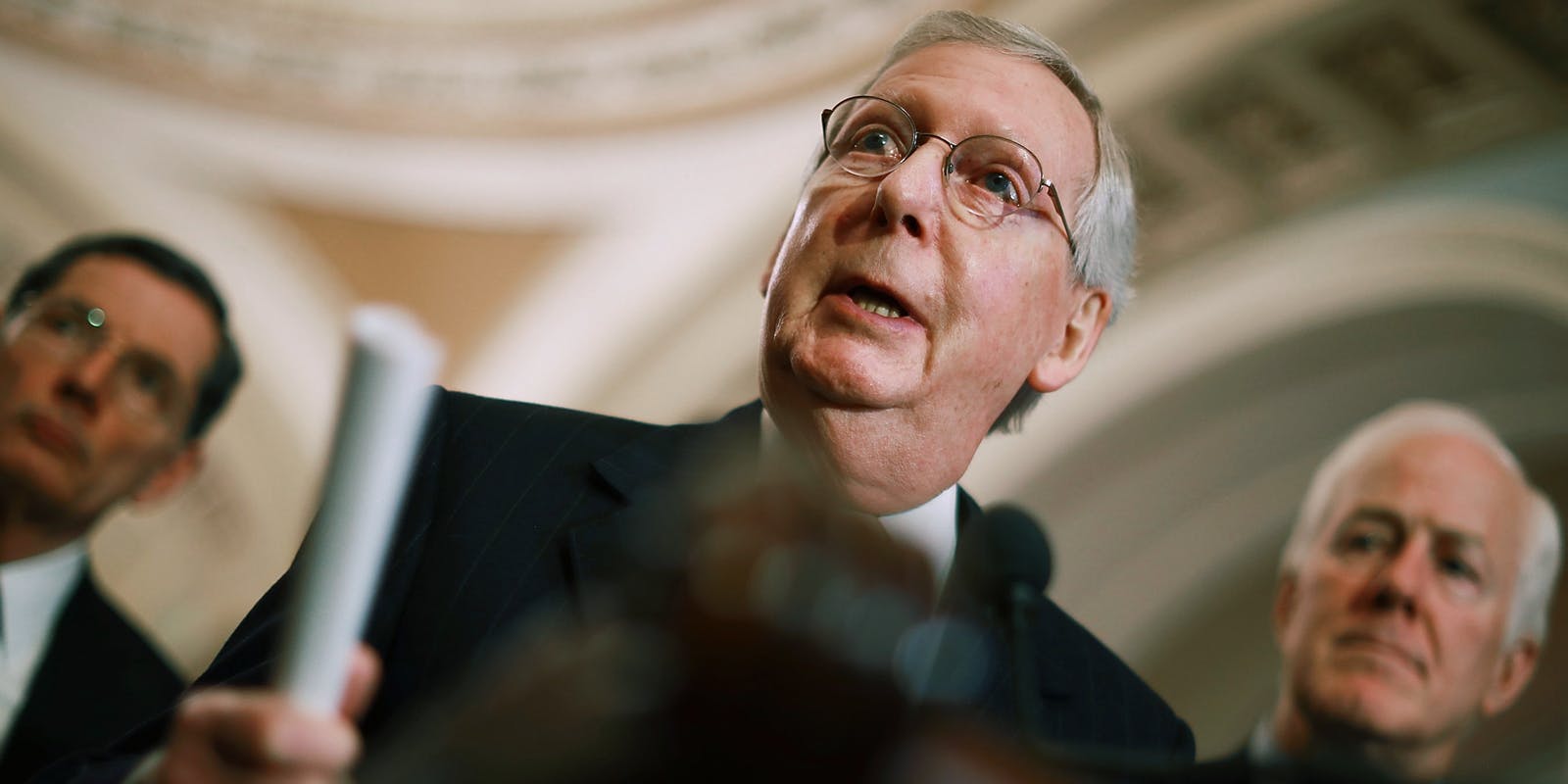The fight over ballot measures wages on in Republican states, with increasingly expensive campaigns and signature-heavy petitions calling for recreational cannabis legalization.

In Missouri, four ballot measures have been proposed – three of which are medical and one recreational. Organizers in support of recreational legalization have submitted their signatures and are now waiting for state election officials’ approval to add the question to the ballot. Previous polls indicate more than 60 percent of Missourians support cannabis legalization.
Pro-cannabis campaigns have consistently out-funded opposition campaigns, The Hill reports. In Missouri, for example, supporters have put millions towards backing their measure, while opposition groups haven’t even come close to that steep of a spend. Even in states where opposition groups have been relentless, such as Michigan, opponents have raised less than a quarter compared to legalization campaigns.



